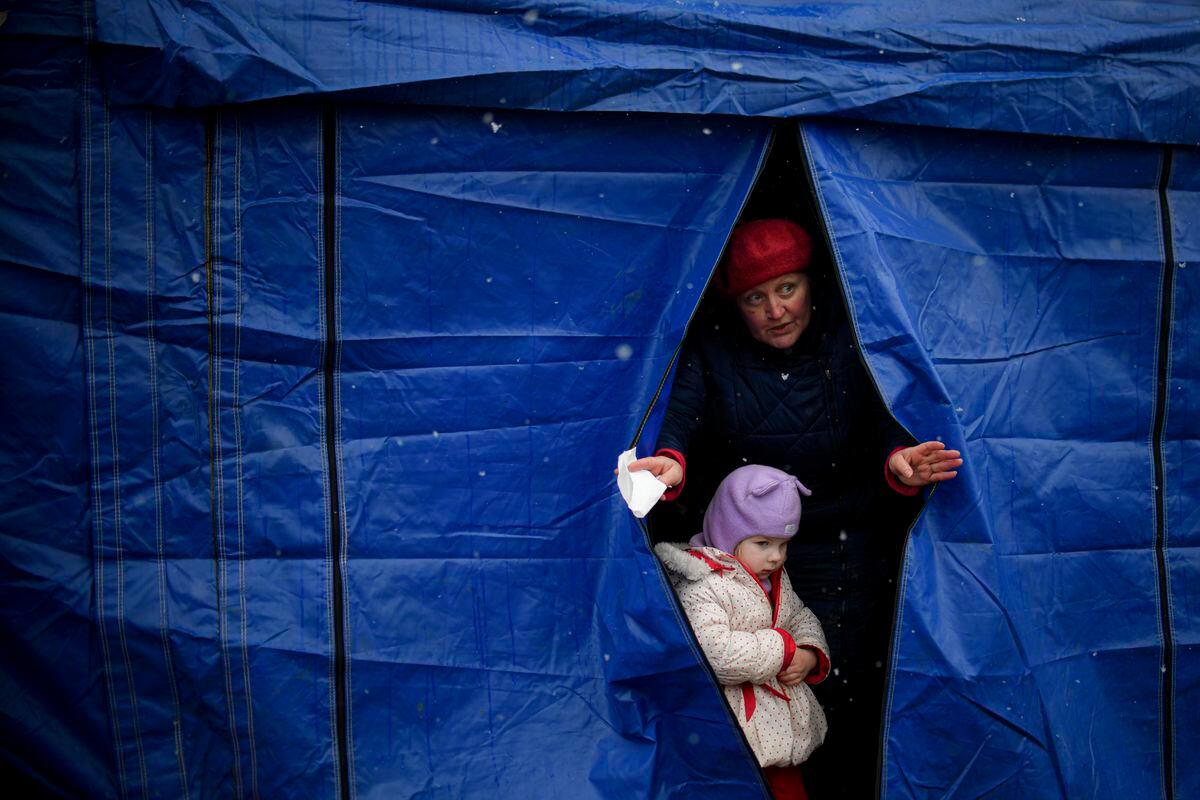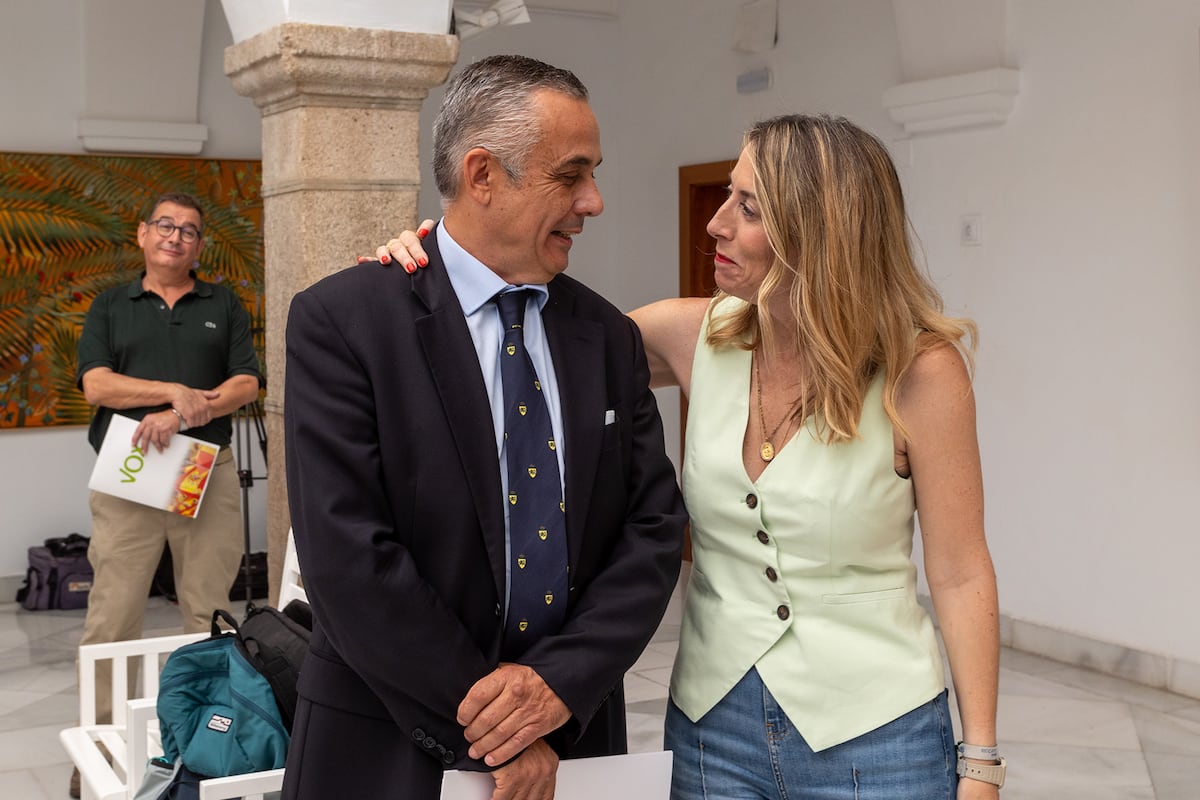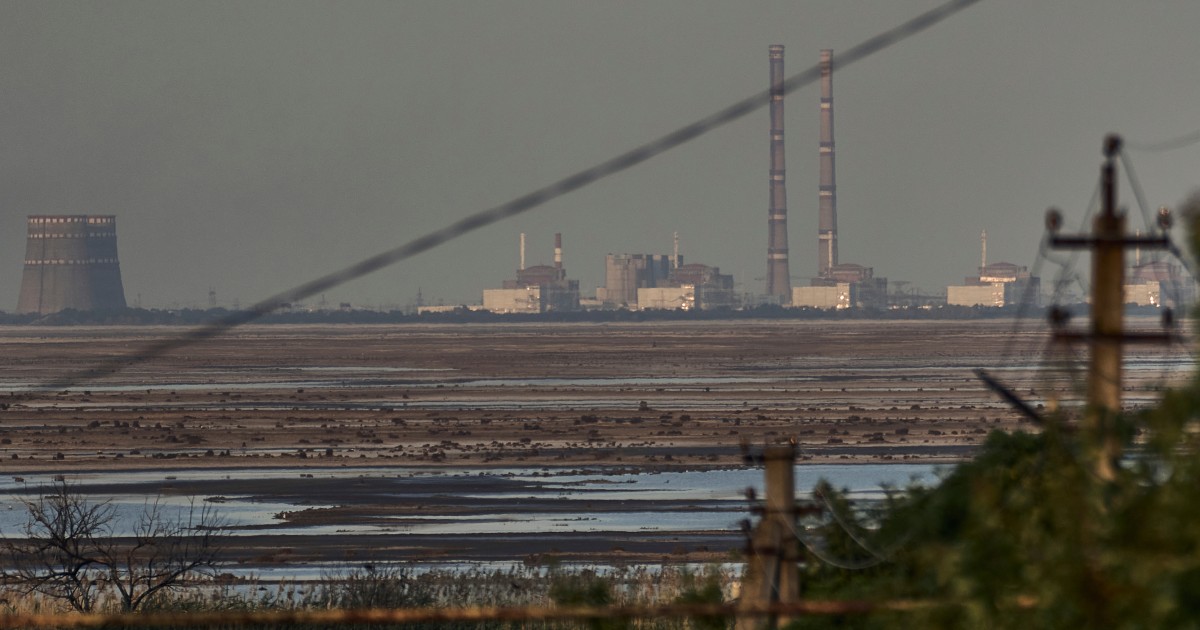At the time of writing these lines, the number of Ukrainians who have crossed the borders of their country fleeing the war is around one million people.
The numbers will grow rapidly, to a number that United Nations agencies have put at around four million.
Although the vast majority of these refugees have fled west, several tens of thousands have settled in Russia and Belarus.
Humanitarian crises at European borders are not new.
But the Ukraine begins to leave some paradoxical news.
These are five observations that have suggested to me the first days of the war:
A protection system delegitimized by first and third class refugees.
No one is in any doubt that we are obliged, for legal and moral reasons, to welcome and provide protection to those fleeing the war in Ukraine.
The question is where were – where are – those rules and principles when the asylum seekers were – are – Syrians, Afghans and Africans.
Because many of them are escaping from wars equal to or worse than the Ukrainian one (in the case of Syria, set on fire by the same criminal hand as Putin, as Baynana journalist Ayham Al Sati poignantly explains).
When the norms of international protection weigh more or less depending on the color of the skin, the system breaks down and loses legitimacy.
A test for the migratory hawks of the EU.
Until yesterday, some of the countries that are receiving the largest number of refugees and that have called for the solidarity of the international community – such as Poland and Hungary – were dedicated to boycotting these same efforts in the rest of the EU.
After the proposal for broad temporary protection from the Commission, perhaps this crisis will help unblock the negotiation of a European Pact on Migration and Asylum that has been weighed down by the myopia of the national populists (read the analysis by porCausa).
Unfortunately, the trickle of news about the double queue at the Polish borders – Ukrainians on the one hand, Asians and Africans on the other – does not allow us to be very optimistic.
When the rules of international protection weigh more or less depending on the color of the skin, the system cracks and loses legitimacy.
Pedro Sánchez puts on the green mask.
I don't know if he got involved or really thinks what he said, but in his explanations on RTVE, the Spanish president got into the garden where the worst political animals live.
Each announcement of support for migrants from Ukraine – regularization, reception, resources – was colored by the “eye, this is not Ceuta”.
For some magical reason, African children fall into another cosmic category in which the same international protection standards do not apply.
All very Kafkaesque, since we are talking about the East.
Lucila Rodríguez-Alarcón explains it well in this piece for
Con M de Migraciones
.
Spanish immigration policy: what we do in the shadows.
Speaking of regularizations, the president forgot to explain to us how that of the Ukrainians fits in with the supposed express prohibition of the EU to which the Government has clung for two years in order not to make a move.
Or that of Venezuelans, who have received tens of thousands of “humanitarian visas” in a thinly veiled form of temporary fix for their administrative status.
The explanation is simple: there is no EU ban;
only the arbitrary action of a government that does not dare to defend what is correct and extend the measure to all those who live in our country without papers.
In his denunciation of Putin, Vox uses a Russian accent.
In this week's government control session, part of Podemos and their colleagues made true rhetorical contortionism to explain how to stop a war without weapons or soldiers.
But who should give more explanations is not the extreme European left, but its nemesis.
The national-populist leaders of the EU – from Orbán to Le Pen, passing through Salvini, Farage and any obscure neo-fascist group – have been kissing Vladimir Putin until the day before yesterday.
Even today real efforts are made to openly criticize the Russian invasion.
And it is embarrassing to bite the hand of whoever finances you and has been creating the toxic cloud of misinformation and polarization from which you have benefited obscenely.
This is the question that Vox must urgently answer: have they or any of their related organizations and media received any support from the Russian government?







/cloudfront-eu-central-1.images.arcpublishing.com/prisa/XMI5DEX3DJDINGEKDTN43BWB5E.jpg)


/cloudfront-eu-central-1.images.arcpublishing.com/prisa/2C5HI6YHNFHDLJSBNWHOIAS2AE.jpeg)




